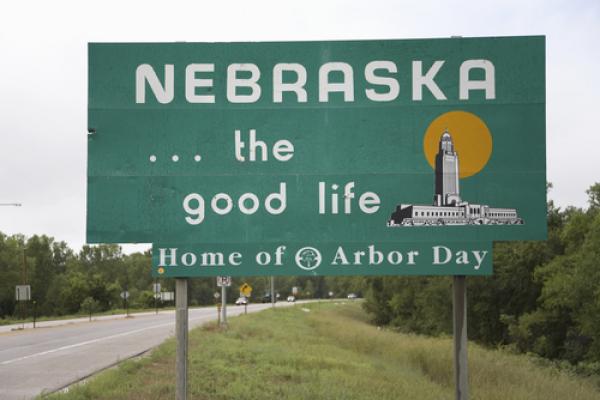Deuteronomy 8 says “the Lord your God is bringing you into a good land, a land of flowing streams, with springs and underground waters ... a land where ... you shall bless the Lord your God for the good land he has given you.
When you arrive in Nebraska, signs on the interstate will welcome you to “The Good Life.” The folks who came up with our unofficial state motto may or may not have had the passage from Deuteronomy in mind, but to witness Nebraskans’ love for their land is to understand that it is a quietly sacred connection.
That connection found its voice in Nebraska citizens’ four-year battle to stop the TransCanada pipeline. In face of the threat of oil spills polluting the underground Ogallala Aquifer, of construction spoiling the fragile Sandhills region, and of a foreign corporation using bully tactics to seize landowners’ property, a remarkably diverse coalition of farmers, ranchers, environmentalists, Republicans, Democrats, Independents, grandmothers, students, and citizens took hold to protect Nebraska land.
Read the Full Article

